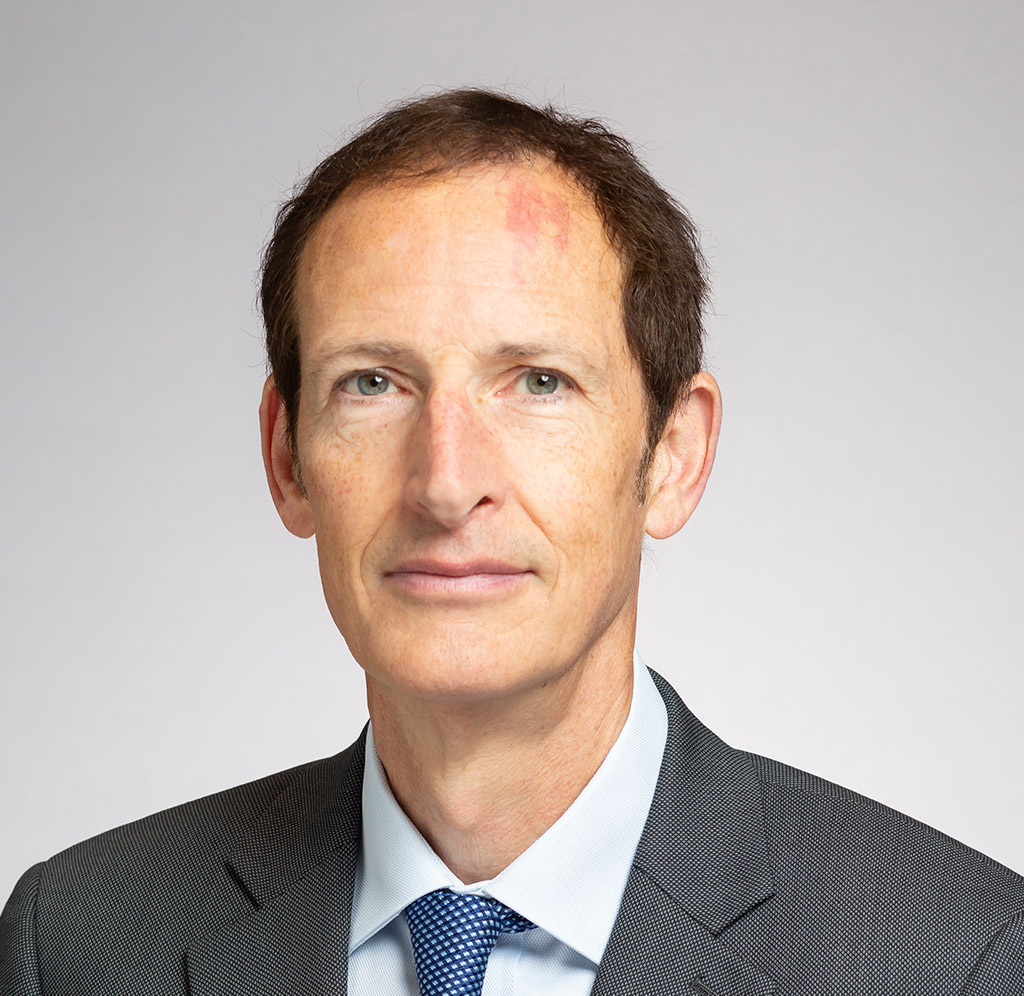Cases around the world are now rising at a weekly rate of around one million, with no sign of respite in many South American countries. There has also been a worrisome resurgence of infections in several southern US states as well as more localised new outbreaks in China and Germany, suggesting that containment of the virus remains challenging. Vaccine development continues, although it is improbable that one will be widely available before the next ‘flu season begins.
There is the extraordinary liquidity being supplied by central banks in the form of asset purchases, combined with levels of government spending not previously seen in peacetime.
Investors, though, continue to take their cue from more positive factors. First there is the extraordinary liquidity being supplied by central banks in the form of asset purchases, combined with levels of government spending not previously seen in peacetime. Notable has been Germany’s embrace of such stimulus policies in contrast to its previous fiscal conservatism.
Second is the fact that it is now clear that global economic activity, even if remaining well below its previous peak, bottomed in April. Furthermore, the initial bounce from trough levels has been stronger than feared, leading to increased hopes for the much-prized “V”-shaped recovery. This has favoured the fortunes of more cyclical assets. Even so, underlying investor concern and a desire to hedge against a less benign outcome are evident in the fact that Gold trades at its highest level since 2012. Government bond yields also remain very close to all-time lows.
Although Covid will almost certainly continue to dominate sentiment for the rest of the year, major political events will also be fighting for attention. The US Presidential election is just four months away, and the outcome will have major implications for US foreign and trade policy, taxation and regulation. In the UK, Brexit should finally be resolved, with the prospect of a “No Deal” still live.
- The IMF has again downgraded its assessment for global growth in 2020 from -3% previously to -4.9%. The world economy will recover by 5.4% in 2021, it forecasts.
- Some investment banks have upgraded their expectations for activity in the second quarter owing to the rapid recovery seen in regions where lockdowns have been eased.
- This reflects very high levels of enforced saving during lockdown combined with job retention schemes in Europe and government handouts in the US, which have created pent up consumer demand.
- It is clear, though, that the ongoing need for physical distancing will continue to hamper a return to what was previously considered normal activity.
- The Bank of England increased its asset purchase limit (QE) by £100bn, but continues to eschew negative rates.
- Companies have issued a record amount of equity to bolster their finances, with no signs yet of investor indigestion.
- Our current probability-weighted estimate for the UK market suggests that dividend distributions in 2020 will be worth less than half those made in 2019.
- Government bond yields have remained very low thanks to investor and central bank demand. Investors continue to monitor local and global supply chains for signs of inflation, which has remained subdued.
- Higher inflation, potentially the product of exceptionally loose monetary and fiscal policy combined with a retreat from globalisation, would constitute a long-term threat to portfolios and must be watched closely.
Private clients
Intermediaries
Browse articles in


